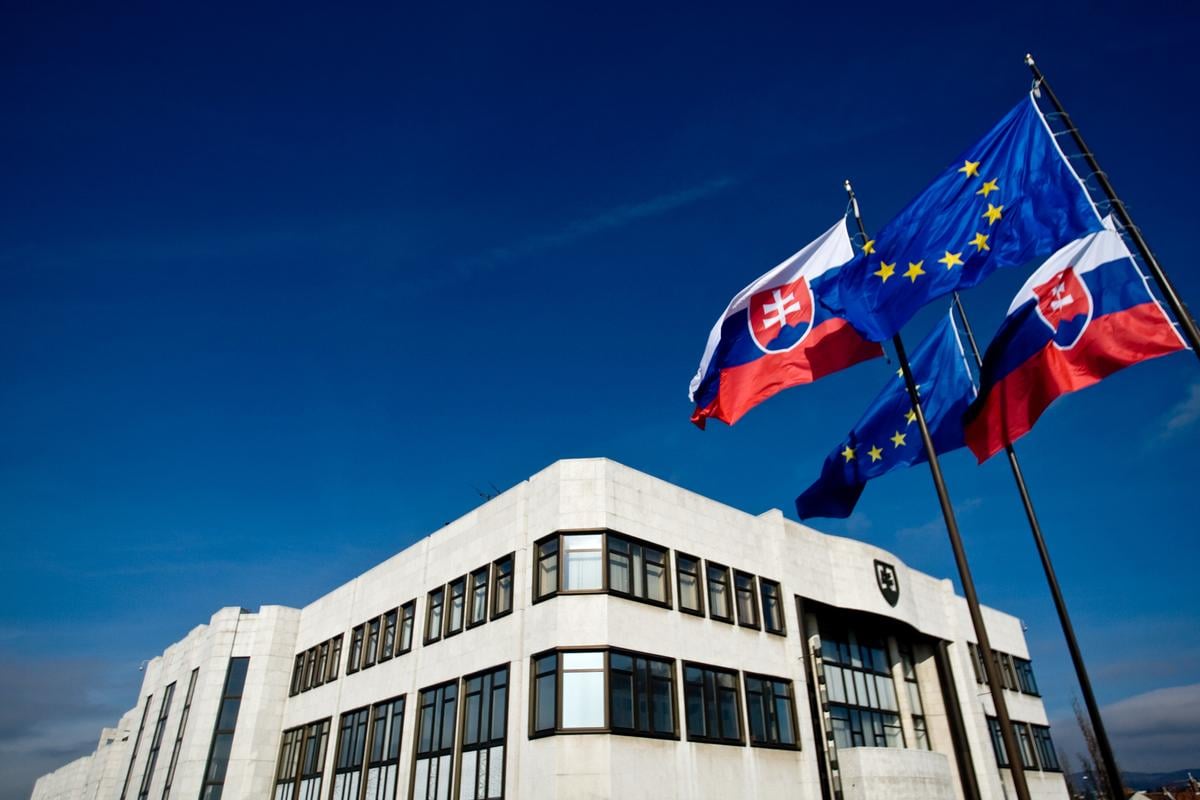The COVID-19 pandemic has changed the world in ways that were unimaginable just a few months ago. EU solidarity, which should be the main pillar of cooperation, has been questioned again. While some prophesy the end of the European Union, others like France and Germany in their recent initiative for European recovery after the coronavirus crisis, say that Europe will come out of it stronger than before.
Given the uncertainty surrounding the current crisis, it is way too early to try to predict which way things will go but it is useful to start thinking about the potential implications of various directions now. Is, for example, a more “flexible” EU a solution to the problems it is facing? Even more importantly, how can it benefit from flexibility and faster action, without triggering the irreversible fragmentation that would lead to disunity?
The recent GLOBSEC report suggests that there is no clear answer on whether differentiated cooperation is a panacea or a poison.


 Illustrative stock photo (source: SME)
Illustrative stock photo (source: SME)